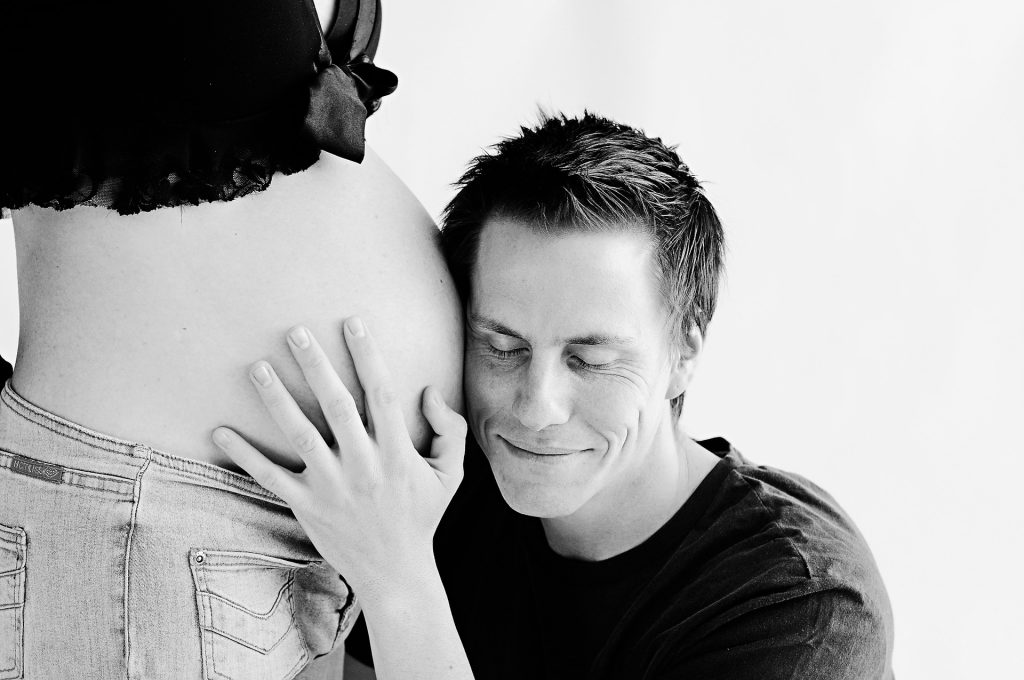
If you have had difficulty conceiving, including failed rounds of IVF, it may be time to consider an egg donor. For women over 40, success rates for donor-egg IVF can be as much as two or three times higher than that of regular IVF. This is due to the eggs coming from young, fertile women within the age group of 21-29 years old. Although the thought of using a donor egg may sound terrifying, it is a wonderful option for families in the Charlotte, North Carolina area who are having difficulty conceiving with their own eggs and sperm.
- You have choices: When it comes to selecting an egg donor in, there are many options available to aid in selecting a donor who is best for you. For example, Carolinas Fertility Institute works closely with several donor agencies to ensure a broad range of characteristics are available in the donor you select. We will also recruit donors for you if there are special characteristics you are looking for in a donor. In fact, we work with donor egg banks, which have a wide selection of frozen eggs immediately available, thus further widening your options. You will be able to select your donor based on very detailed profiles that outline everything from hobbies to family history of illness. You will have access to the donor’s physical characteristics, ethnic background, educational record, and occupation. Some anonymous donors will allow us to share photographs with you as well. Most donors are between 21 and 29 years old and have undergone psychological, medical, and genetic screening. Occasionally, couples choose to use a known donor who can be a family member or friend, however this situation requires additional testing, psychological counseling, and legal counseling, and thus is not the best option for most couples.
- You need to get your cycles in sync: Once you have selected the perfect egg donor, the next step is getting your reproductive cycles in sync. To do this, both you and your donor will take medications that allow your doctor to manipulate the menstrual cycle. The goal is for the egg donor to produce mature eggs while your uterine lining is being prepared to support an embryo. Timing is everything.
- Fertility drugs are key: During this process, the egg donor will be given fertility drugs to help her develop several mature eggs for fertilization. Simultaneously, you will receive estrogen and progesterone to prepare your uterus for pregnancy. Once the donor eggs are mature, the donor eggs will be removed and will be prepared for transfer.
- The procedure is similar to in-vitro: Once the steps above are complete, the eggs are ready for in-vitro fertilization. The egg from the donor and the sperm from your partner will be combined in the lab and in 5 days they will be ready for transfer.
- It does not make you less of a mother: Using a donor egg does not make you any less of a mother. A mother is someone who loves and nurtures, and it does not matter how the baby came to be. In fact, many women who use an egg donor choose not to disclose this information. It is a private matter and it is up to you to determine who you would like to share this information with.
Learn More About Carolinas Fertility Institute
If you are located in Charlotte, North Carolina or neighboring areas and are interested in learning more about the egg donor process, we invite you to explore our website. Carolinas Fertility Institute is dedicated to helping families in Charlotte, North Carolina grow, and are experts when it comes to the egg donor process. Request an appointment today to meet with one of our fertility experts.